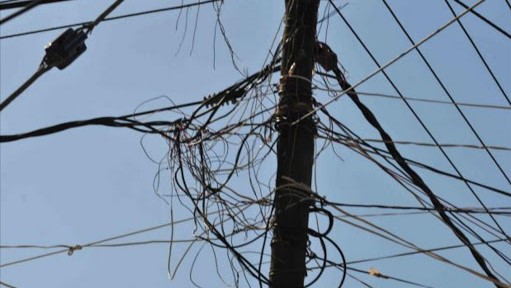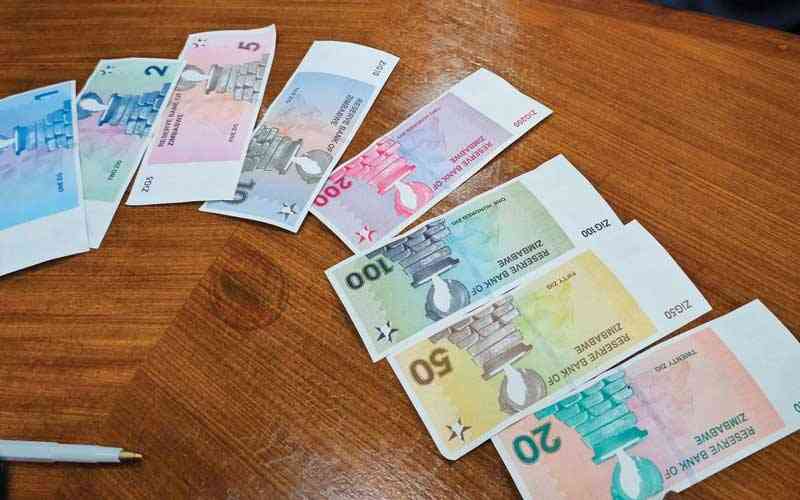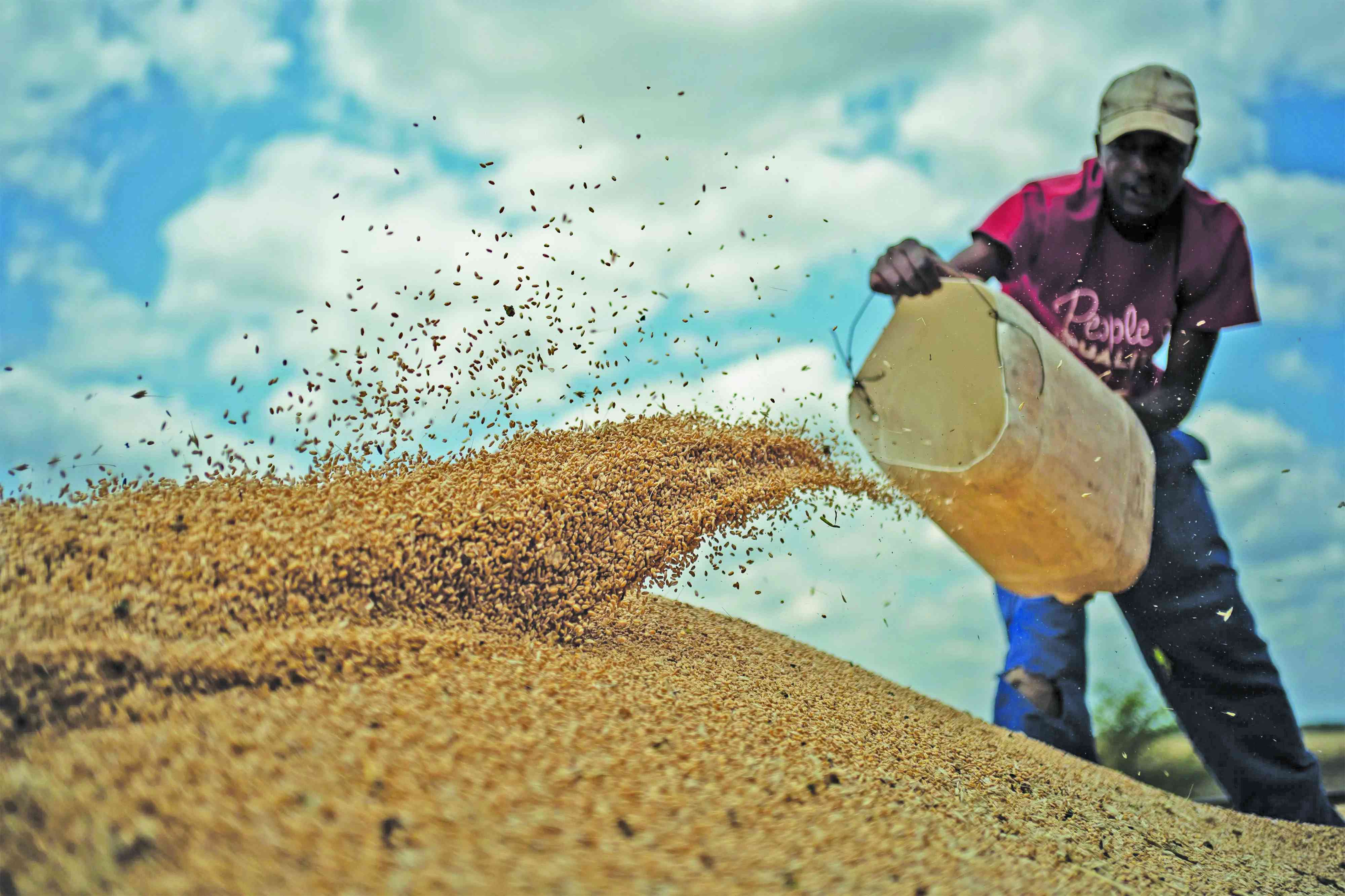
POWER utility Zesa Holdings’ recent announcement of a new load-shedding schedule has once again brought serious doubts about the country’s ability to achieve the 5,5% growth rate projected for this year.
Zesa, in a statement on January 11, announced that the country would experience power outages to allow for resumption of rehabilitation of the dam wall at Kariba South Hydropower Station.
Zasa had this to say: “Following the Zambezi River Authority’s request to reduce generation levels at the Kariba North and Kariba South Power Stations, some units at the Kariba South Power Station will be taken out of service daily to allow for completion of critical works on the dam wall resulting in reduced generation levels and load curtailment.”
The rehabilitation, which is expected to be completed by January 25, 2022, is coming hard on the heels of yet another debilitating wave of power outages. This has severely crippled the fragile business sector which is already battling a plethora of challenges which include antiquated equipment, foreign currency shortages, low capacity utilisation, exchange rate volatility and the COVID-19 pandemic.
Companies have been forced to suspend shifts and reduce the number of employees, worsening the country’s high unemployment rate. The power outages have also drastically increased costs of doing business, with the Zimbabwe National Chamber of Commerce (ZNCC) saying the outages had increased costs by a whopping 150%.
ZNCC noted in its inaugural survey launched last year that despite the cost of electricity being the lowest in the region, power cuts had become a major hindrance to growth.
According to ZNCC, Zimbabwe is characterised by erratic power supplies, especially during the winter period where agricultural activities such as the winter wheat crop will be at most critical stage. During this critical period, electricity is prioritised to the agricultural sector leaving other sectors without energy supply.
Although electricity tariffs are among the lowest in the Sadc region, electricity supply has been the average businessperson’s nightmare. Erratic power supplies have resulted in huge losses for most businesses over the years due to interrupted operations, lost time and revenue, damage to machines and lost data, it has been said.
- Chamisa under fire over US$120K donation
- Mavhunga puts DeMbare into Chibuku quarterfinals
- Pension funds bet on Cabora Bassa oilfields
- Councils defy govt fire tender directive
Keep Reading
Nothing illustrates the impact of power shortages on business operations than the revelation that the cost of the Caledonia-run Blanket Mine will increase by nearly 80% due to power outages, a bad omen for the country’s investment prospects.
There can be no economic growth if power outages are not urgently addressed. The outages point to a dim 2022 in terms of economic growth, something the country cannot afford at the moment.











